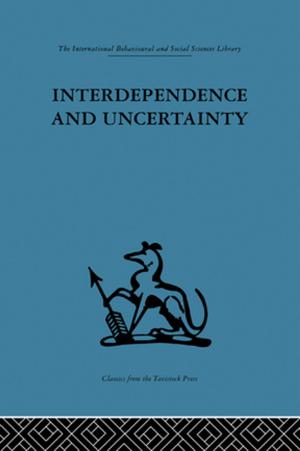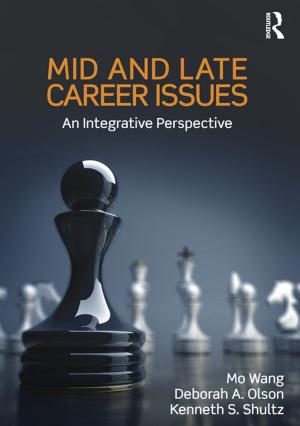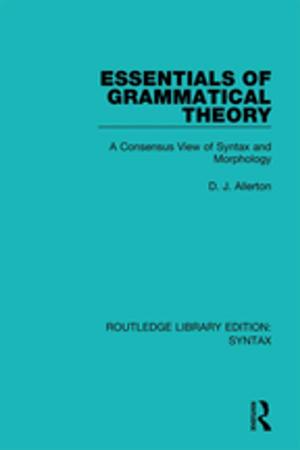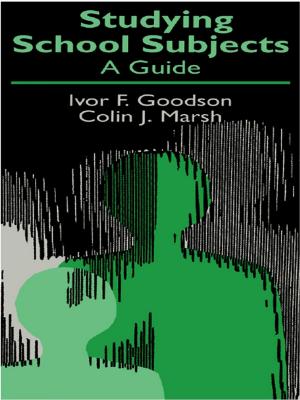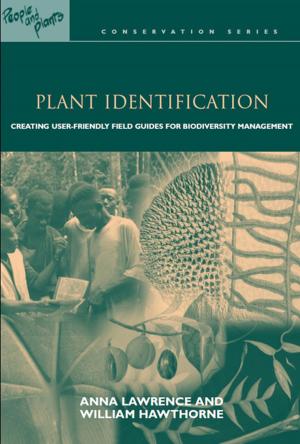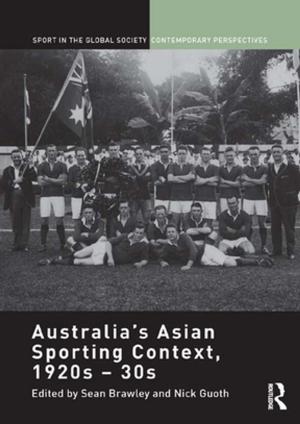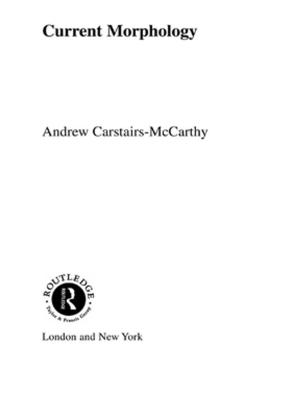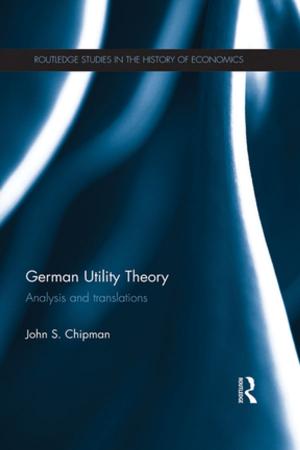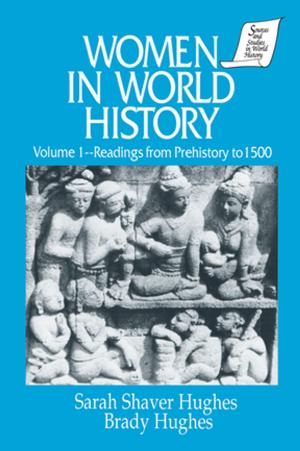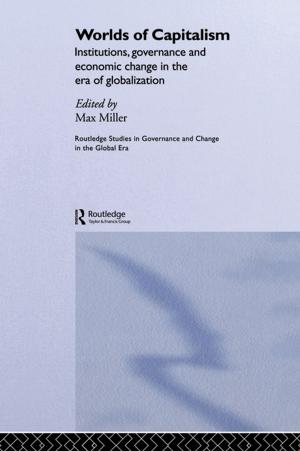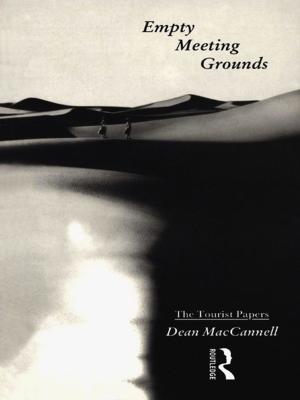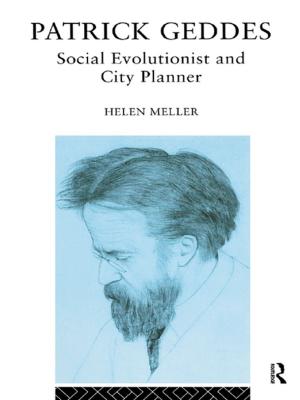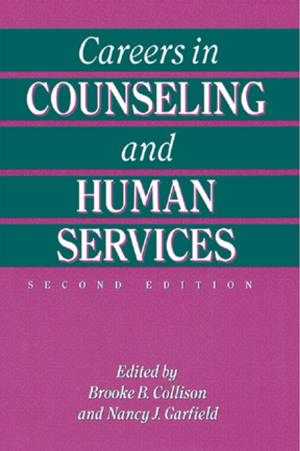Re-Membering History in Student and Teacher Learning
An Afrocentric Culturally Informed Praxis
Nonfiction, Reference & Language, Education & Teaching, Educational Theory, Multicultural Education, Philosophy & Social Aspects, Teaching, Teaching Methods| Author: | Joyce E. King, Ellen E. Swartz | ISBN: | 9781134705344 |
| Publisher: | Taylor and Francis | Publication: | March 5, 2014 |
| Imprint: | Routledge | Language: | English |
| Author: | Joyce E. King, Ellen E. Swartz |
| ISBN: | 9781134705344 |
| Publisher: | Taylor and Francis |
| Publication: | March 5, 2014 |
| Imprint: | Routledge |
| Language: | English |
What kind of social studies knowledge can stimulate a critical and ethical dialog with the past and present? "Re-Membering" History in Student and Teacher Learning answers this question by explaining and illustrating a process of historical recovery that merges Afrocentric theory and principles of culturally informed curricular practice to reconnect multiple knowledge bases and experiences. In the case studies presented, K-12 practitioners, teacher educators, preservice teachers, and parents use this praxis to produce and then study the use of democratized student texts; they step outside of reproducing standard school experiences to engage in conscious inquiry about their shared present as a continuance of a shared past. This volume exemplifies not only why instructional materials—including most so-called multicultural materials—obstruct democratized knowledge, but also takes the next step to construct and then study how "re-membered" student texts can be used. Case study findings reveal improved student outcomes, enhanced relationships between teachers and families and teachers and students, and a closer connection for children and adults to their heritage.
What kind of social studies knowledge can stimulate a critical and ethical dialog with the past and present? "Re-Membering" History in Student and Teacher Learning answers this question by explaining and illustrating a process of historical recovery that merges Afrocentric theory and principles of culturally informed curricular practice to reconnect multiple knowledge bases and experiences. In the case studies presented, K-12 practitioners, teacher educators, preservice teachers, and parents use this praxis to produce and then study the use of democratized student texts; they step outside of reproducing standard school experiences to engage in conscious inquiry about their shared present as a continuance of a shared past. This volume exemplifies not only why instructional materials—including most so-called multicultural materials—obstruct democratized knowledge, but also takes the next step to construct and then study how "re-membered" student texts can be used. Case study findings reveal improved student outcomes, enhanced relationships between teachers and families and teachers and students, and a closer connection for children and adults to their heritage.

